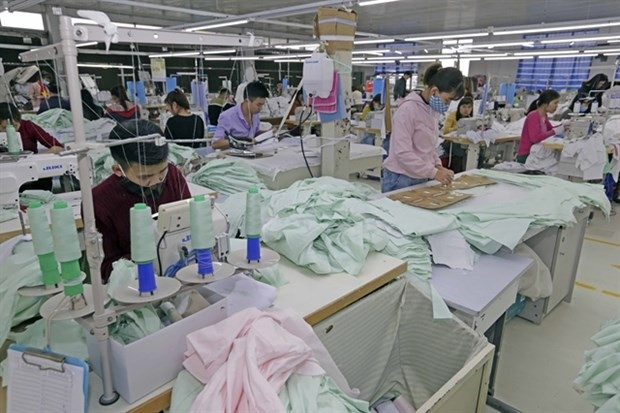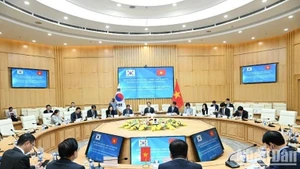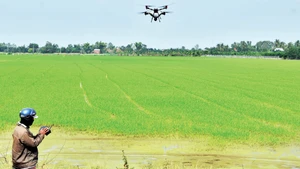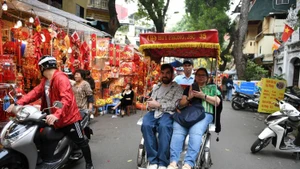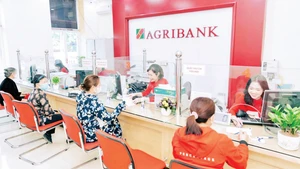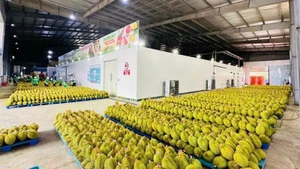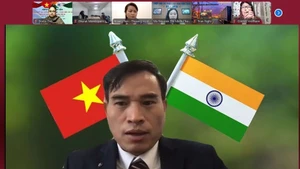Accordingly, the Ministry of Industry and Trade (MoIT) will be in charge of coordinating the implementation of chapters 1, 3, 7, 8 and 13 relating to rules of origin, trade remedies, trade in service and competition.
Regarding chapter 2 on trade in goods, the MoIT is responsible for issues related to import duties of RCEP members and import-export management, the Ministry of Finance will be in charge of issues related to Vietnam's import duties, while the Ministry of Agriculture and Rural Development (MARD) will take charge of implementing contents related to agricultural goods.
The General Department of Vietnam Customs under the Finance Ministry will coordinate the implementation of chapter 4 on customs procedures and trade facilitation, and the MARD is in charge of chapter 5 on food safety; animal and plant health measures.
The Ministry of Science and Technology and the Ministry of Culture, Sports and Tourism are responsible for contents relevant to industrial property rights and enforcement of intellectual property rights and copyright, respectively, under chapter 11 on intellectual property.
In case any issue arises during the implementation that calls for adjustment, the MoIT will coordinate with relevant agencies to compile a report on the issue and submit it to the Prime Minister for consideration.
Signed in November 2020, RCEP brings together 10 ASEAN member states, along with China, Japan, the Republic of Korea, Australia and New Zealand, covering 30 percent of the global gross domestic product (GDP) worth 26.2 trillion USD.
It forms a market with 2.2 billion consumers and becomes the largest free trade area in the world in terms of population.
